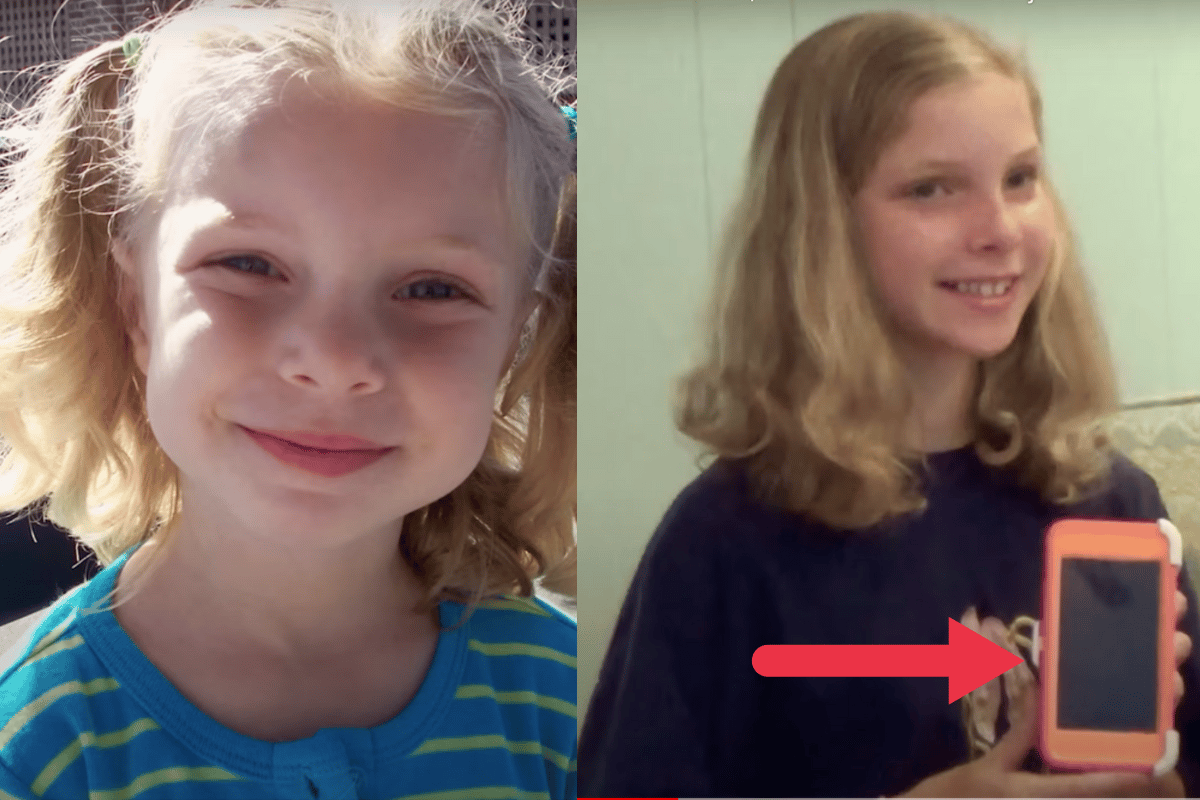
Content warning: This article includes descriptions of disordered eating that may be distressing to some readers.
There is a crucial moment just 30 seconds into Dove's recent 'Cost of Beauty' ad when 12-year-old Mary unwraps a smartphone as a birthday gift. It's crucial because as parents watching this beautiful young girl on the cusp of her teenage years, we know what is about to happen.
That phone, her gateway to the internet and to 'likes and follows' on social media, is about to change her and her parents' lives in a way that no family ever wants. For the next minute, we watch in horror as we witness this beautiful, smiling child grow into a bewildered teenager with an eating disorder.
The heartbreaking campaign to highlight teen mental health issues includes real footage captured by Mary and her family as she becomes increasingly unwell. There are Mary's selfies, videos of her posing in the mirror and handwritten diary entries of her weight loss goals that show her trying to emulate the toxic beauty standards on social media.
A relatable clip shows Mary shouting at her mum after she asks her to get off the phone, and later there's an image of Mary's eating disorder clinic admission paperwork and her tiny intubated arm in a hospital bed.
Watch: The 'cost of beauty' ad by Dove. The post continues below.


Top Comments